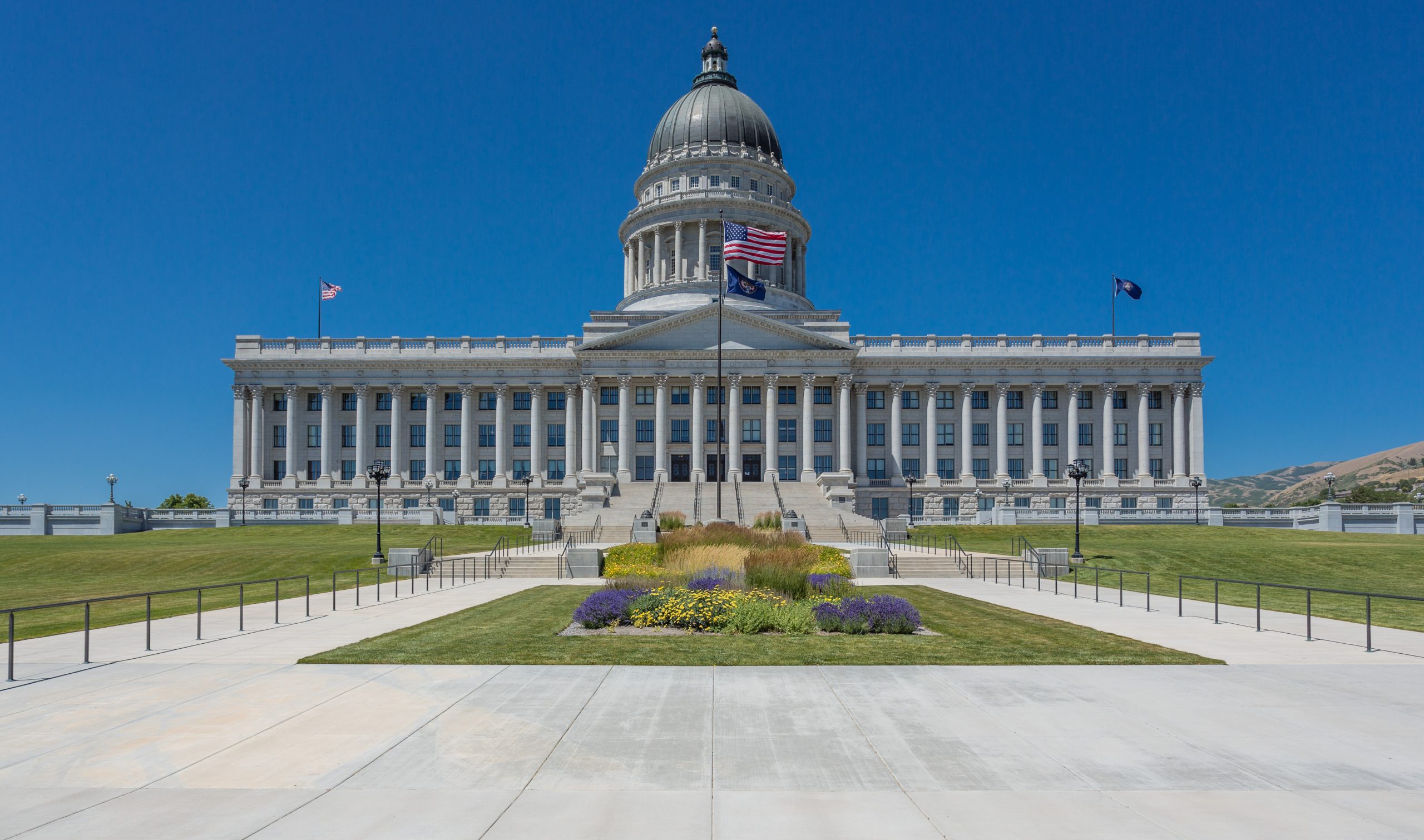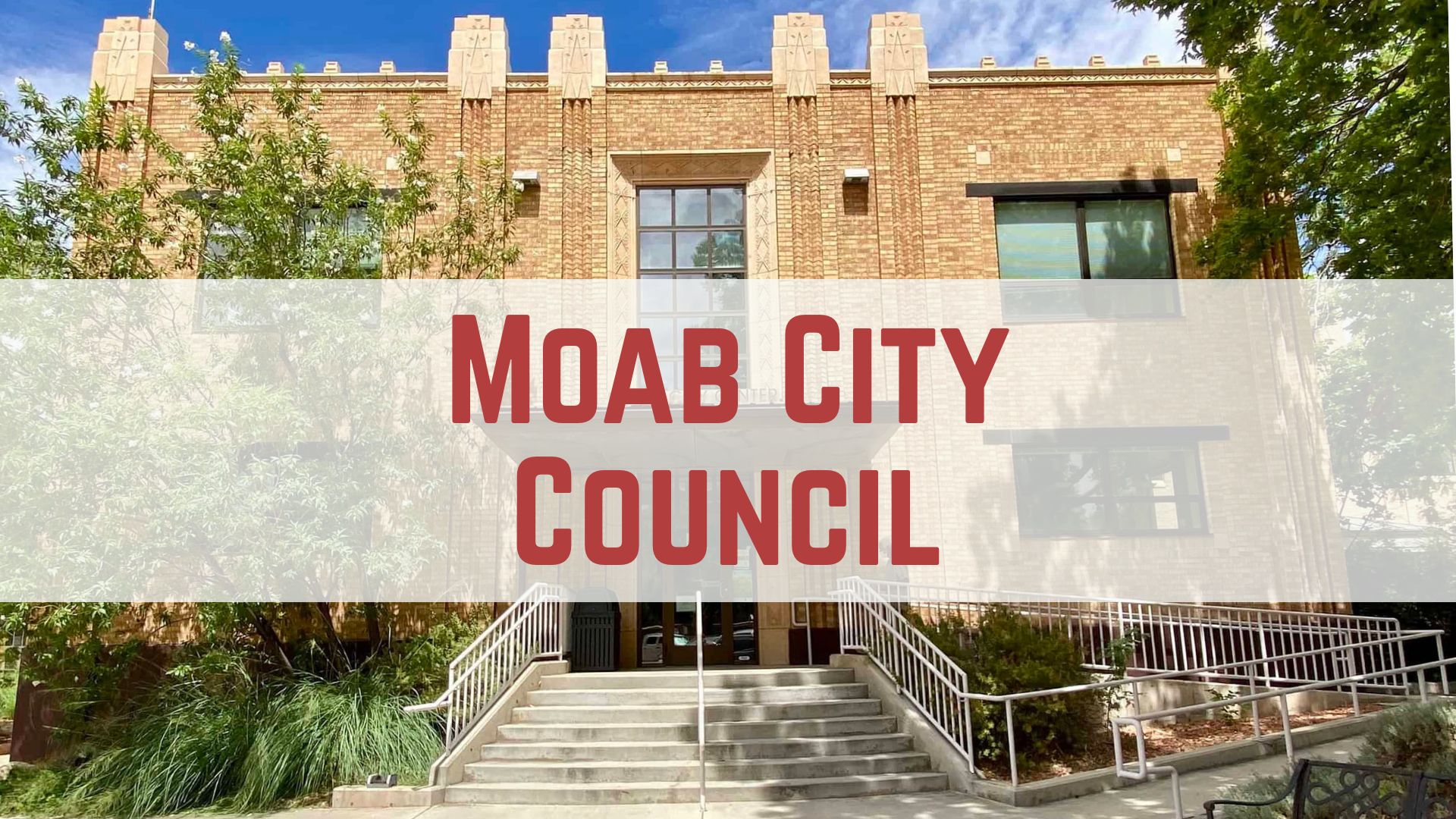Some information may be outdated.
The 2023 Utah State Legislative session ends on March 3. During the Feb. 28 City Council meeting, the city’s lobbyist, Casey Hill, provided an update as to which bills he thinks Moab should prepare for.
SB271: “Home Ownership Requirements,” sponsored by Sen. Michael McKell and on the floor, Rep. Val Peterson. This bill “prohibits a county or municipal legislative body from using a land use regulation regarding co-owned homes to punish individuals for owning or using a co-owned home.” Essentially, City Manager Carly Castle said, the bill would allow for developments to sell their units similarly to timeshares—they could have “fractional ownership.”
“This could be really devastating to these [rural] communities,” she said, “especially over the long term.”
“We don’t want homes to be bought up to be used for timeshare-type purposes when we don’t even have enough housing stock right now for our employees and our local people,” said Mayor Joette Langianese.
Councilmembers said while timeshares or “fractional ownership” aren’t a distinct worry in Moab currently, with this bill, it could easily become a bigger issue.
“It’s an additional competitor in an already overly competitive market,” Councilmember Luke Wojciechowski said.
Hill said he wasn’t confident about being able to change the legislation: “McKell intends to pass this bill,” he said. But, he said, the bill does not include language on alternative dwelling units—ADUs can still be regulated by municipalities.
“It’s going to be one of those things where we’re just going to have to deal with it, rather than ask for another year to work on it,” Hill said.
SB175: “Rural Transportation Infrastructure Fund,” sponsored by Sen. Derrin Owens and on the floor, Rep. Carl Albrecht. This bill, which the city council discussed during its meeting on Feb. 14, is beneficial to Moab: it’ll provide the city with some road funds. The funds allocated to Moab and Grand County won’t be enough to “build a road across the river,” Hill said, but will be enough to be helpful.
SB174: “Local Land Use and Development Revisions,” sponsored by Sen. Lincoln Fillmore and on the floor, Rep. Stephen Whyte. This bill, which was also discussed at the Feb. 14 city council meeting, won’t impact the city’s workforce housing ordinance—something city staff was worried about—but now, it prohibits city councils or planning commissions from issuing approval for final plats. Instead, they would be approved administratively, by planning departments only.
HB406: “Land Use, Development, and Management Act,” sponsored by Rep. Stephen Whyte and on the floor, Sen. Lincoln Fillmore. This bill “is not one that at this point is changeable,” Hill said.
What Moab is concerned about are lines 1140 to 1147, which state that if a development agreement restricts an applicant’s state rights, the municipality on the other end of the agreement must list all rights the applicant is waiving by signing the agreement.
Nathan Bracken, the city’s attorney, said his concern is that if Moab didn’t list everything—if it made a mistake, or if something was overlooked—the developer wouldn’t have to follow the agreement.
The city is still figuring out the repercussions of the bill, Bracken said.
Appreciate the coverage? Help keep local news alive.
Chip in to support the Moab Sun News.





